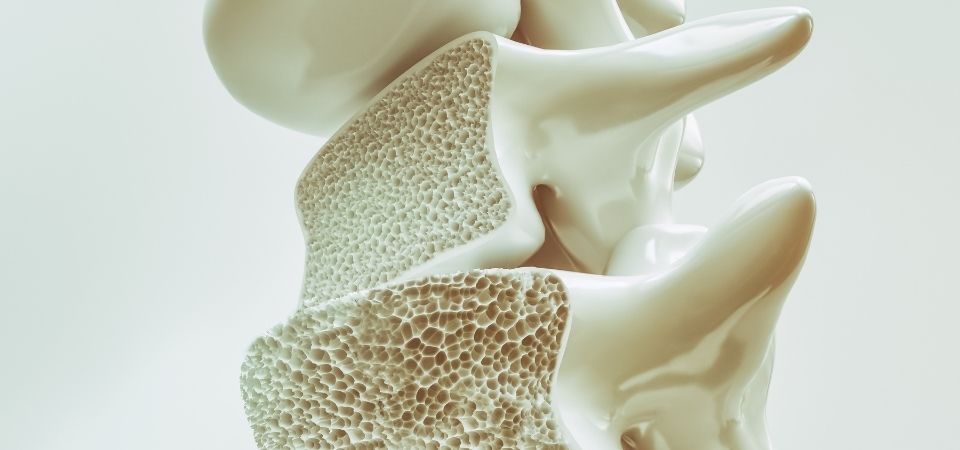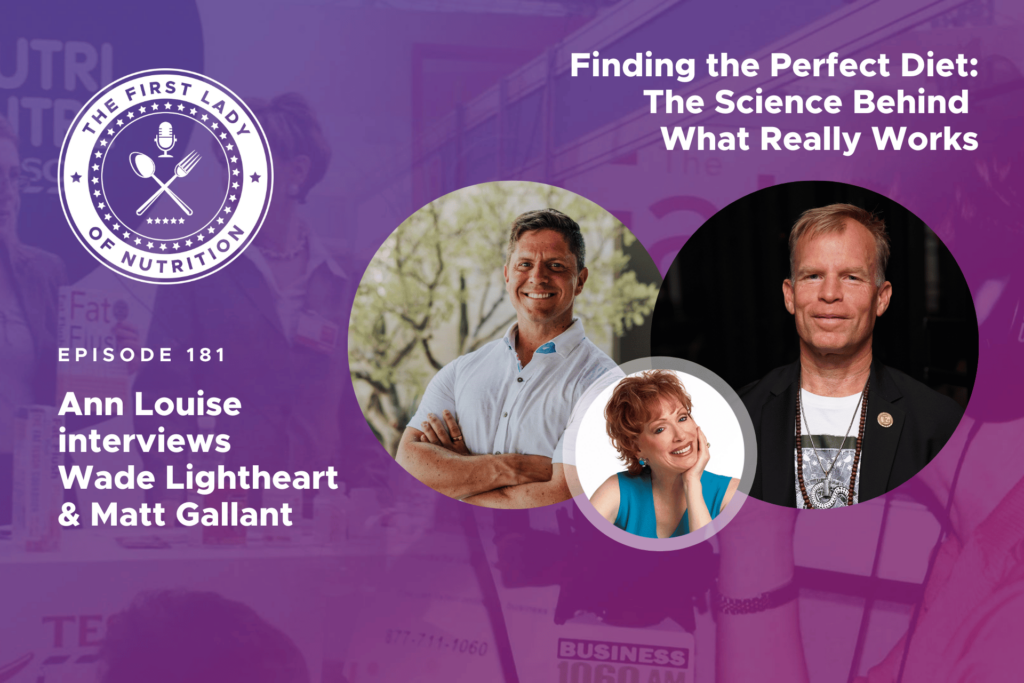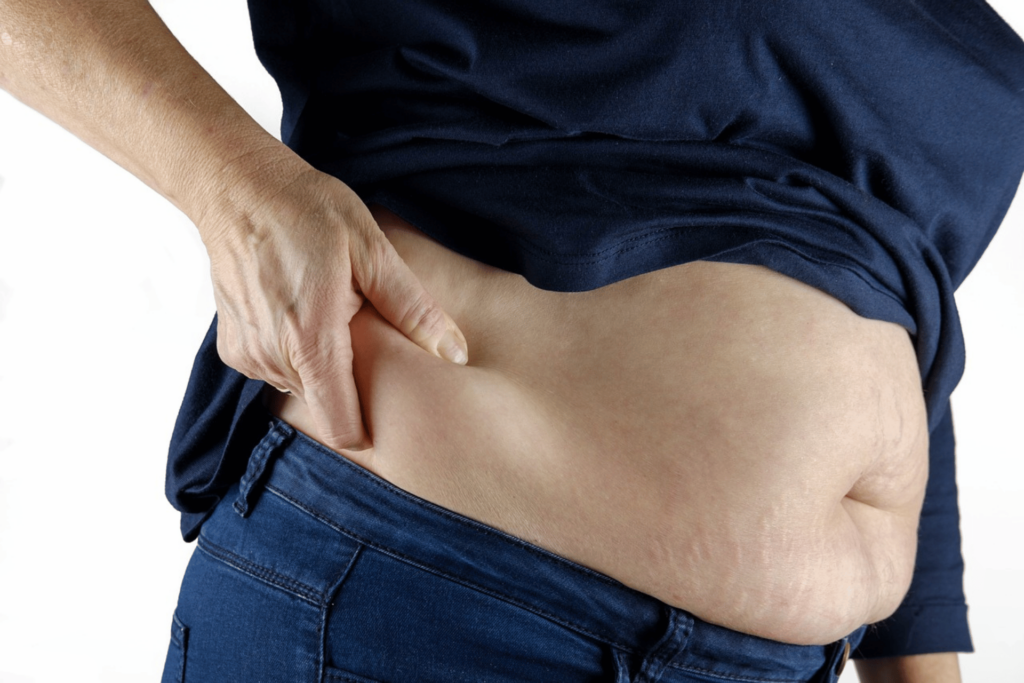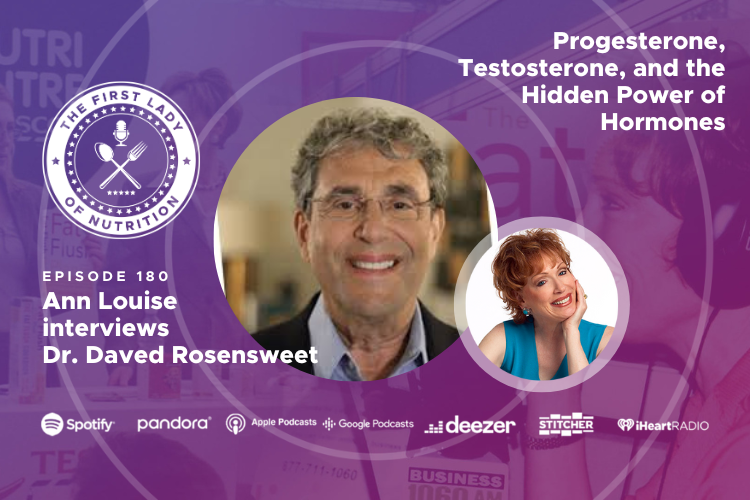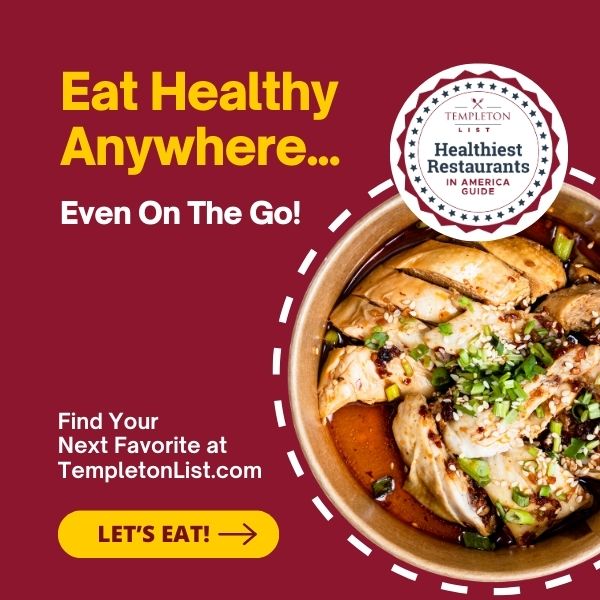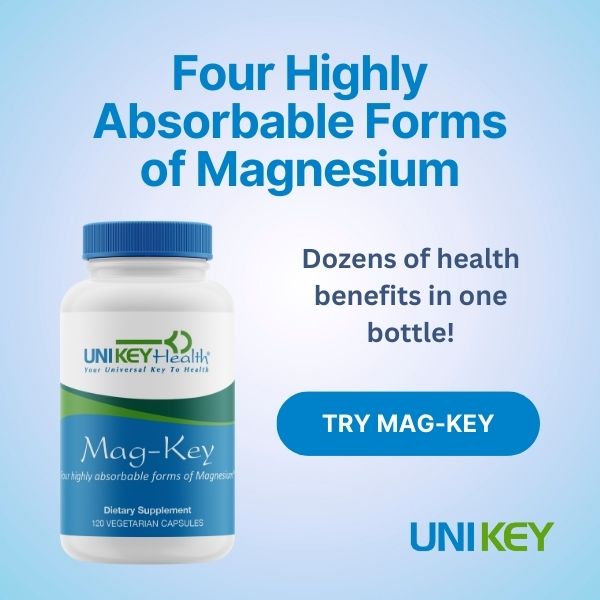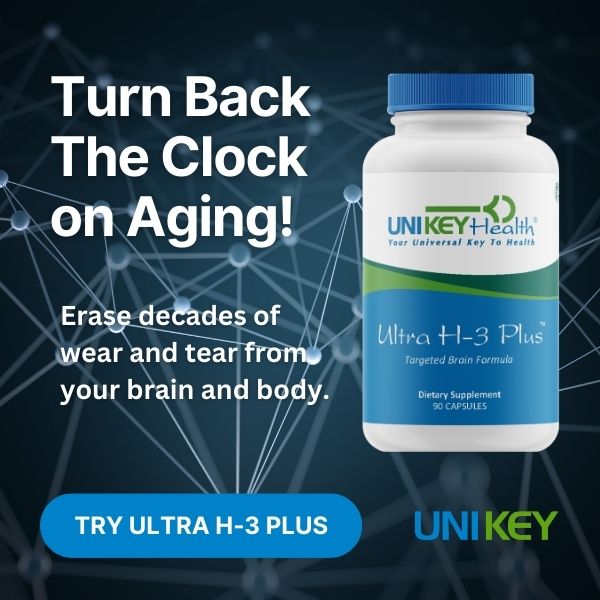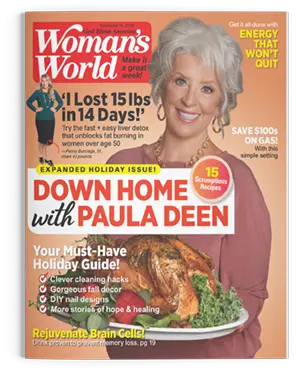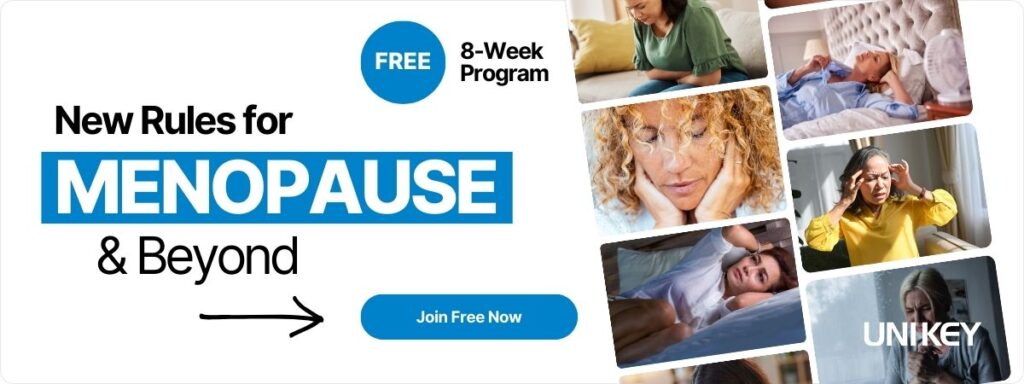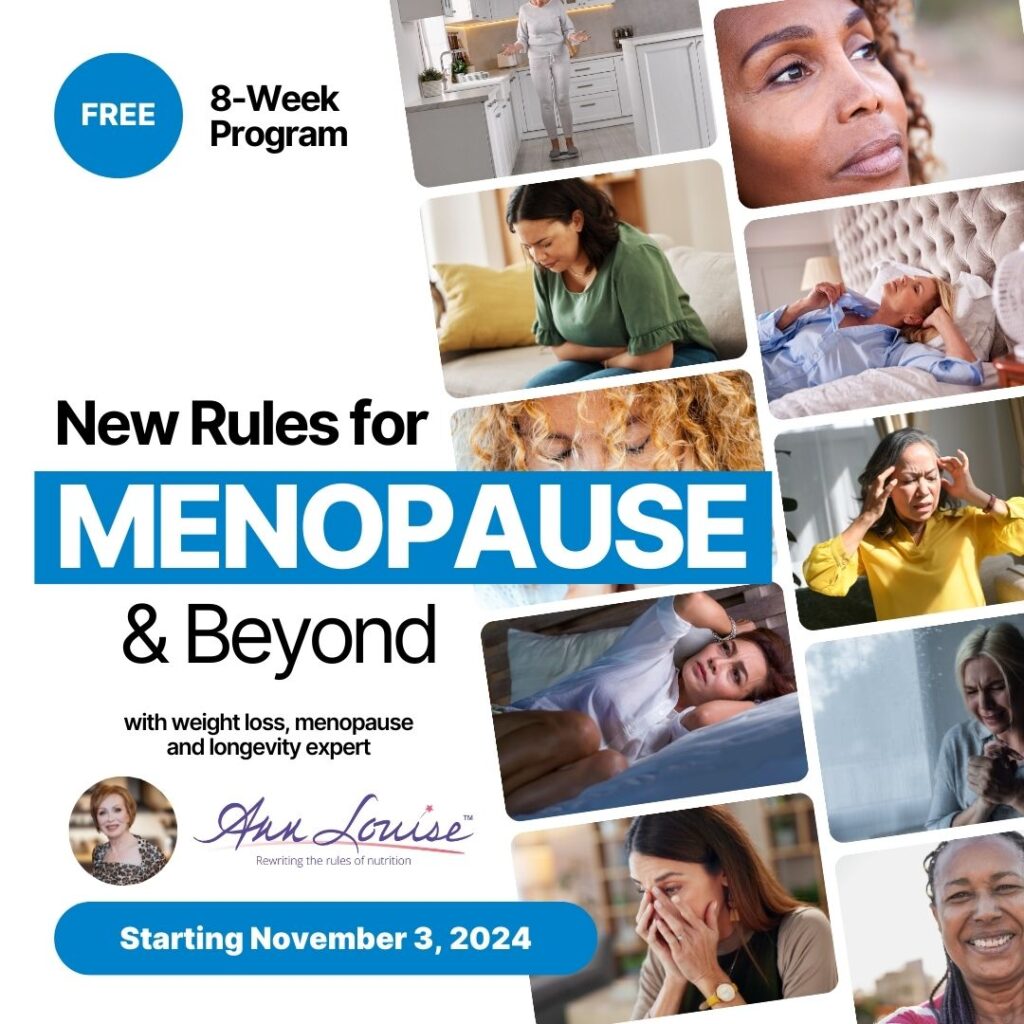Let’s get the facts straight:
Even though Americans take in more calcium than any other people on the planet these days, we also have the highest rate of osteoporosis and bone loss. So what gives?
The answer to this mystery lies not in what we are eating but in what we are not eating. The fact is, what we’re not eating are foods that have adequate amounts of vitamin K2, known as the mysterious “Activator X” as discovered by Dr. Weston Price in the 1930s. He found the lack of vitamin K2 is a huge issue because vitamin K2 is essential to building strong bones and preventing calcification of the arteries.
Plain and simple, it’s impossible for calcium to become a bone builder unless you have enough vitamin K2. Vitamin K2 has the ability to activate dozens of proteins that otherwise float around in your blood. One such protein is osteocalcin, a bone-regulating protein that requires vitamin K2 to bind calcium to your bones, making them strong and healthy. Without vitamin K2, osteocalcin remains inactive.
In osteocalcin’s inactive state, your bones become weak and brittle. And to make matters worse, the inactive protein floats around in your blood and sticks to places where it doesn’t belong like in your arteries and in your blood vessels. The plaque that forms from this hardens your arteries and leaves you with a risk of fractures, bone loss, and osteoporosis.
K2 to the Rescue
A study published in the Journal of Bone and Mineral Research found that people with the highest levels of “inactive” osteocalcin had a 500% higher risk of bone fracture. Another 10-year study published in the American Journal of Clinical Nutrition found that of 72,000 women, those with the lowest intake of vitamin K2 had a 30% higher risk of hip fractures. And, in a two-year Japanese study, it was found that by adding vitamin K2, there was a reduction of spine fractures by 52% in those with osteoporosis.
Vitamin K2 is, without a doubt, an unsung hero. But why vitamin K2? There are three forms of vitamin K. Vitamin K1 is a completely different form of vitamin K. Vitamin K1 is necessary for your liver to make the clotting factors your body needs.
Vitamin K2 has two forms – MK-4 and MK-7. Vitamin K2 (MK-7) is the form that comes from fermented soy and it is not the form that our ancestors had available to them to build strong bones. Vitamin K2 (MK-4) is the form most quickly absorbed into the bloodstream and is the form used in the studies proving benefits to the bones and heart.
Vitamin K2 can be found abundantly in cheese, egg yolks, grass-fed butter, and chicken liver. If you are not a fan of these foods, or if you are prone to osteoporosis, I highly recommend supplementing daily with UNI KEY’s Osteo-Key.
Osteo-Key contains vitamin K as phytonadione (K-1), menaquinone-4 (MK-4) and manaquinone-7 (MK-7), all forms your body needs to build strong bones and benefit your overall health. It also contains other critical bone-building nutrients including the most absorbable form of calcium, magnesium, vitamin D3, boron, silica, manganese and zinc at the recommended levels.
Just ask some of my readers. Here’s what they have to say about Osteo-Key:
Maureen reports, “I was in a lot of discomfort with my hips, so much so that I’d see my chiropractor weekly and eat arnica like it was going out of style! I ordered Osteo-Key to see if this would provide me with some much needed relief. I was astonished! I started to hike again and I slept better, because my pain used to keep me up during the night. My body feels terrific and I feel young again.”
Cheryl says, “I was diagnosed with osteopenia several years ago. I started using Osteo-Key about 3 years ago. I went for my Dexa-scan last month and still maintaining a good reading for osteopenia. I believe it is the K vitamins added to the calcium. My GYN never knew K was an important addition in helping prevent osteoporosis! We need to educate our physicians.”
